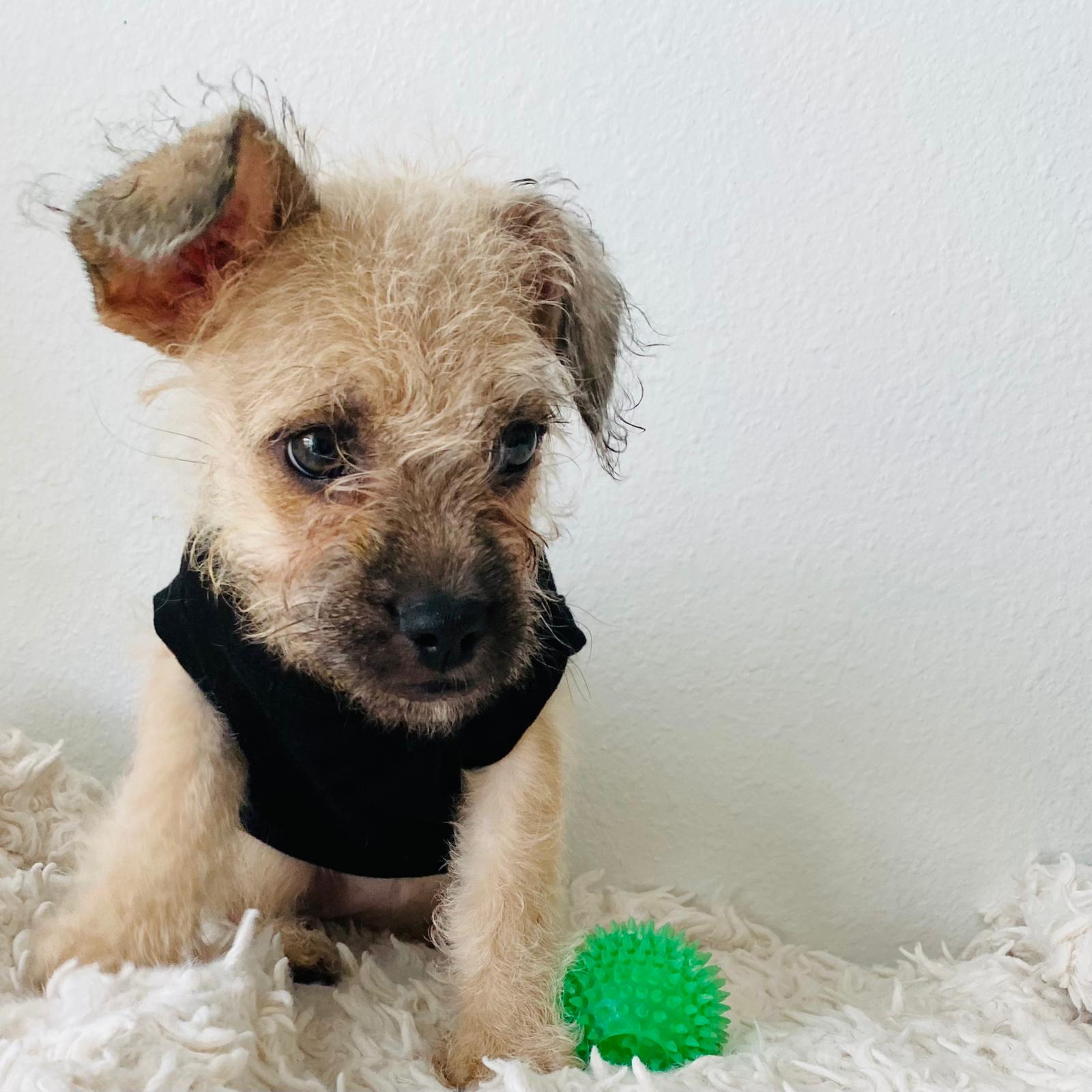Puppy Training Basics for French Bulldogs, Chihuahuas, Boston Terriers…
페이지 정보
작성자 Ina Hoyt 작성일25-06-16 00:21 조회16회 댓글0건관련링크
본문
Puppy training is a crucial aspect of raising a well-behaved and happy dog. Each breed has its unique characteristics and training needs. This report provides an overview of puppy training basics for French Bulldogs, Chihuahuas, Boston Terriers, and Pitbulls.
French Bulldogs
Temperament and Traits:
French Bulldogs, often referred to as "Frenchies," are known for their friendly and affectionate nature. They are intelligent but can be stubborn at times. French Bulldogs are also prone to certain health issues, such as breathing difficulties due to their flat faces, which should be considered during training.

Basic Training Tips:
- Socialization: Start socializing your French Bulldog puppy early. Expose them to different environments, people, and other animals to prevent aggression and fearfulness.
- Positive Reinforcement: Use treats, praise, and play as rewards. French Bulldogs respond well to positive reinforcement but may ignore commands if they find them boring.
- Consistency: Be consistent with commands and routines. Use the same words for commands and ensure all family members follow the same rules.
- Short Sessions: Keep training sessions short (5-10 minutes) to prevent your Frenchie from getting bored or overheated.
- Stubbornness: French Bulldogs can be stubborn. Patience and consistency are key.
- House Training: They may take longer to house train due to their small bladders and potential stubbornness.
Chihuahuas
Temperament and Traits:
Chihuahuas are small but mighty, known for their bold and confident personalities. They are intelligent and can be quite vocal. Chihuahuas are also prone to small dog syndrome, where they believe they are larger than they are, leading to behavior issues.
Basic Training Tips:
- Socialization: Early socialization is crucial to prevent aggression towards other dogs and people.
- Positive Reinforcement: Use small treats and praise as rewards. Chihuahuas respond well to positive reinforcement but can be sensitive to harsh corrections.
- Consistency: Be consistent with commands and routines. Chihuahuas are intelligent and can pick up on inconsistencies.
- Short Sessions: Keep training sessions short (5-10 minutes) to prevent your Chihuahua from getting bored or frustrated.
- Small Dog Syndrome: Chihuahuas may exhibit behavior issues if they think they are the alpha. Firm but gentle correction is necessary.
- Barking: Chihuahuas can be vocal. Training them to bark on command and then to be quiet can help manage this behavior.
Boston Terriers
Temperament and Traits:
Boston Terriers are friendly, intelligent, and eager to please. They are active and energetic, requiring regular exercise. Boston Terriers are also prone to certain health issues, such as breathing difficulties due to their flat faces.
Basic Training Tips:
- Socialization: Start socializing your boston terrier french bulldog mix Terrier puppy early. They are generally good with other dogs and people but can be stubborn.
- Positive Reinforcement: Use treats, praise, and play as rewards. Boston Terriers respond well to positive reinforcement but may ignore commands if they find them boring.
- Consistency: Be consistent with commands and routines. Use the same words for commands and ensure all family members follow the same rules.
- Short Sessions: Keep training sessions short (5-10 minutes) to prevent your Boston Terrier from getting bored or overheated.
- Stubbornness: Boston Terriers can be stubborn. Patience and consistency are key.
- Leash Training: They can be strong pullers on the leash. Consistent leash training is necessary.
Pitbulls
Temperament and Traits:
Pitbulls are often misunderstood. They are loyal, intelligent, and eager to please. Pitbulls are also strong and energetic, requiring regular exercise and mental stimulation. They are prone to certain health issues, such as hip dysplasia and skin allergies.
Basic Training Tips:
- Socialization: Start socializing your Pitbull puppy early. They are generally good with people but can be dog-aggressive if not properly socialized.
- Positive Reinforcement: Use treats, praise, and play as rewards. Pitbulls respond well to positive reinforcement but can be sensitive to harsh corrections.
- Consistency: Be consistent with commands and routines. Use the same words for commands and ensure all family members follow the same rules.
- Short Sessions: Keep training sessions short (5-10 minutes) to prevent your Pitbull from getting bored or frustrated.
- Strength: Pitbulls are strong. Consistent leash training and obedience training are necessary.
- Aggression: Proper socialization and training can prevent aggression towards other dogs and people.
General Puppy Training Tips
- Start Early: Begin training as soon as you bring your puppy home. Puppies can start learning basic commands and house training from 8 weeks old.
- Keep it Fun: Make training sessions fun and engaging. Use games and toys to keep your puppy interested.
- Be Patient: Puppies have short attention spans and may not understand commands immediately. Be patient and consistent.
- Use a Crate: Crate training can help with house training and prevent destructive behavior when you're not home.
- Regular Exercise: Ensure your puppy gets regular exercise to burn off energy and prevent behavior issues.
Conclusion
Training a puppy requires patience, consistency, and positive reinforcement. Each breed has its unique characteristics and challenges, but with the right approach, you can raise a well-behaved and happy dog. Remember to start training early, keep sessions fun and short, and be patient with your puppy. With time and effort, you'll have a loyal and well-trained companion.
댓글목록
등록된 댓글이 없습니다.








